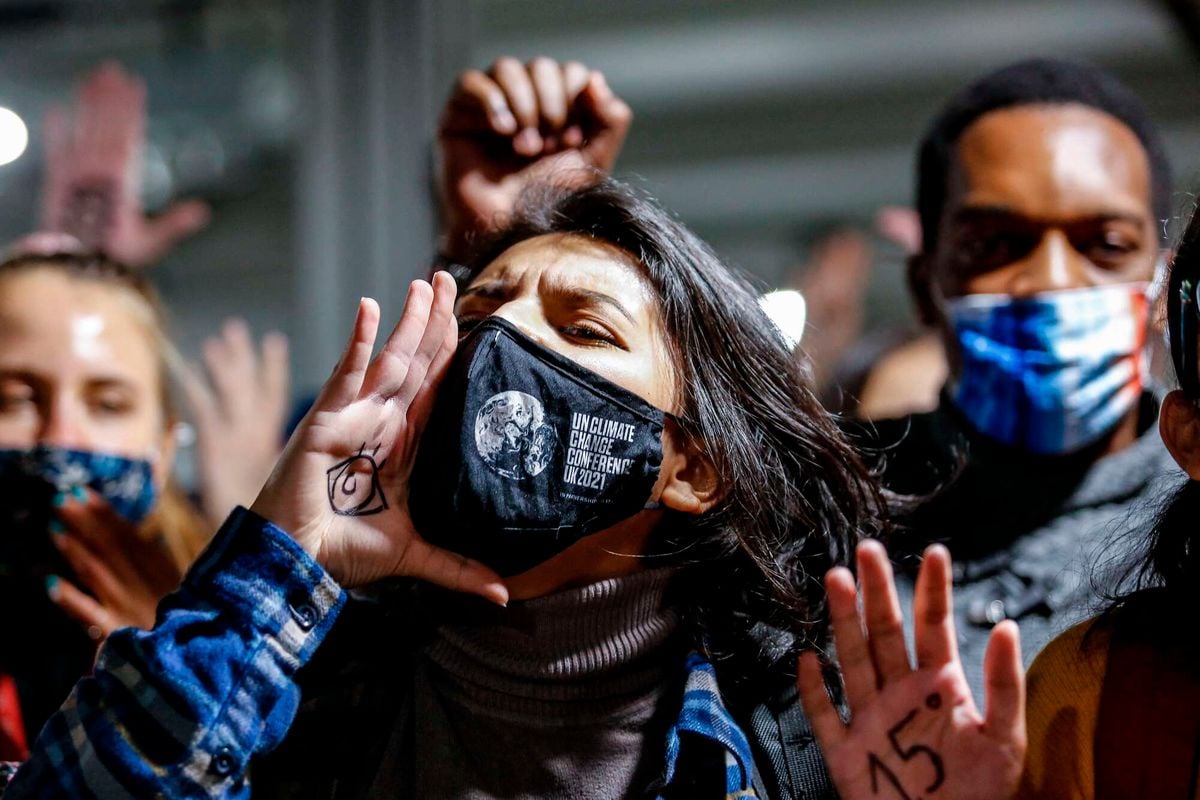
The new Adaptation gap report offers a sobering assessment of the financial needs for adequate adaptation in developing countries.
Financial support from wealthier nations for adaptation initiatives, as of 2021, stood at Sh31.9 billion (USD 21 billion), a 15 per cent decrease compared to 2020. While climate finance has generally been grossly inadequate, funding from developed countries and multilateral agencies are still skewed in favour of mitigation.
In preparation for COP26 in Glasgow in 2021, developing nations mounted pressure to developed nations, to address the inadequacy of adaptation support. As a result, different developed countries announced new goals for adaptation finance at the COP, and it was agreed to set the goal for developed nations to “at least double their collective provision of climate finance for adaptation to developing country Parties from 2019 levels by 2025.”
However, a recent examination by CARE on wealthy nations’ plans for future climate finance reveals a disheartening reality – the agreed-upon goal is yet to be realised.
Although the Glasgow Climate Pact called for a collective doubling of climate finance by developed countries, only ten countries have set quantitative adaptation finance targets in their submissions. Among these are major contributors such as the European Commission, France, Japan, the United Kingdom, and the United States.
Combined, the ten parties’ pledges add up to approximately Sh 21.7 billion of adaptation finance annually. Assuming that other countries who have yet to outline concrete adaptation finance targets will contribute the same proportion of their future climate finance towards adaptation as they did in 2019 and 2020, the total rises to just Sh 27.5 billion. This is far less than the Sh60.8 billion required for a doubling of adaptation finance from the 2019 level.
Furthermore, this estimate of adaptation finance from developed countries is optimistic as it assumes that countries that all contributors will deliver on their pledges when some are currently failing. For instance, the United States has pledged to increase adaptation finance to over Sh 4.5 billion annually by 2024 yet it has only approved a fraction in 2023.
This means that a doubling of adaptation finance will only occur if multilateral development banks (and the private sector) deliver more than half of the targeted amount, which would require a significant increase in adaptation finance. Furthermore, they offer most of their ‘support’ in loans, adding to the mounting debt burden already carried by many developing countries.
Wealthier countries must, therefore, redouble their efforts, and, most notably at COP28, must provide a transparent and actionable roadmap to fulfil their COP26 commitment of at least doubling adaptation finance.
Obed Koringo is a Nairobi based adaptation specialist with CARE. John Nordbo is based in Copenhagen, Denmark, and is a climate finance specialist with CARE.
